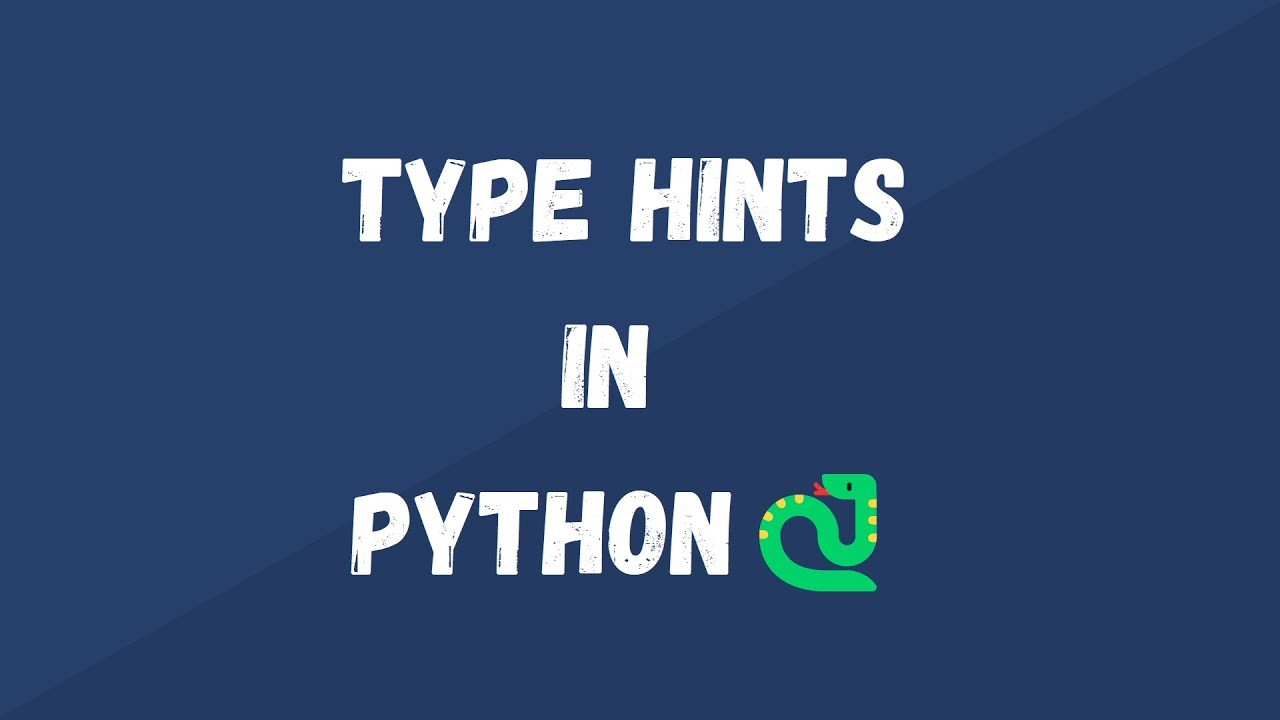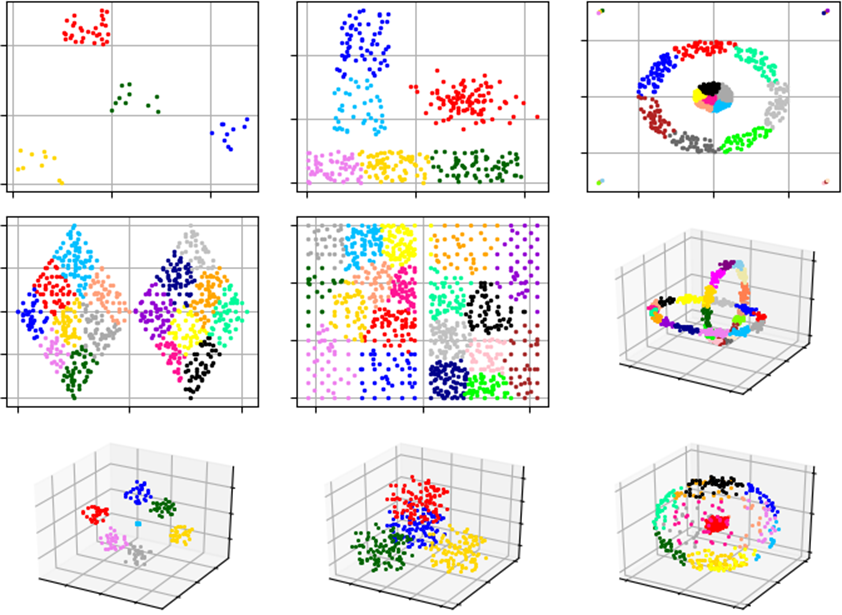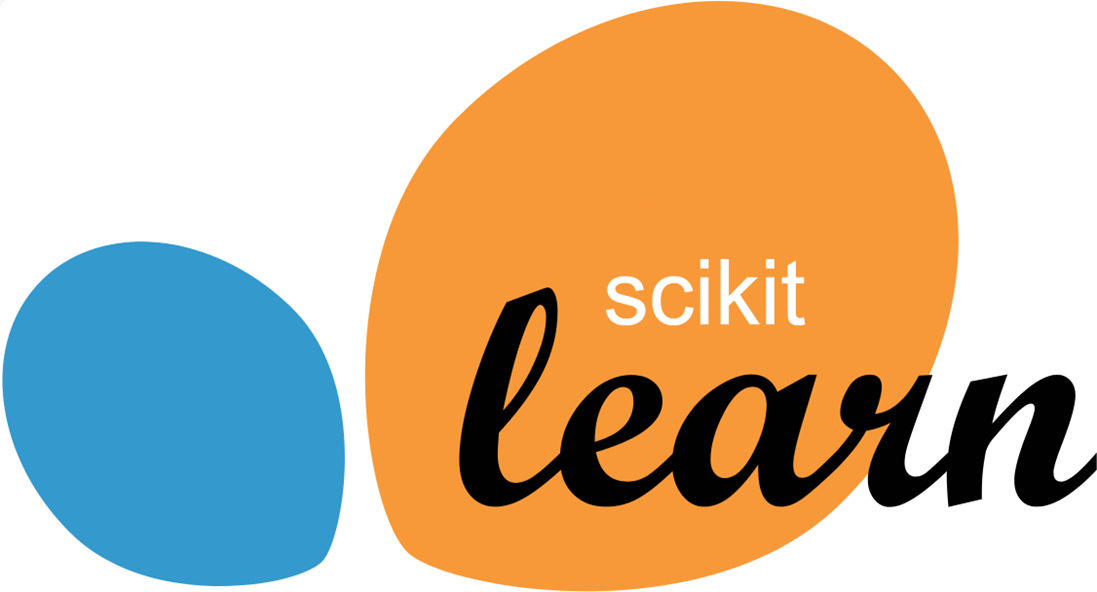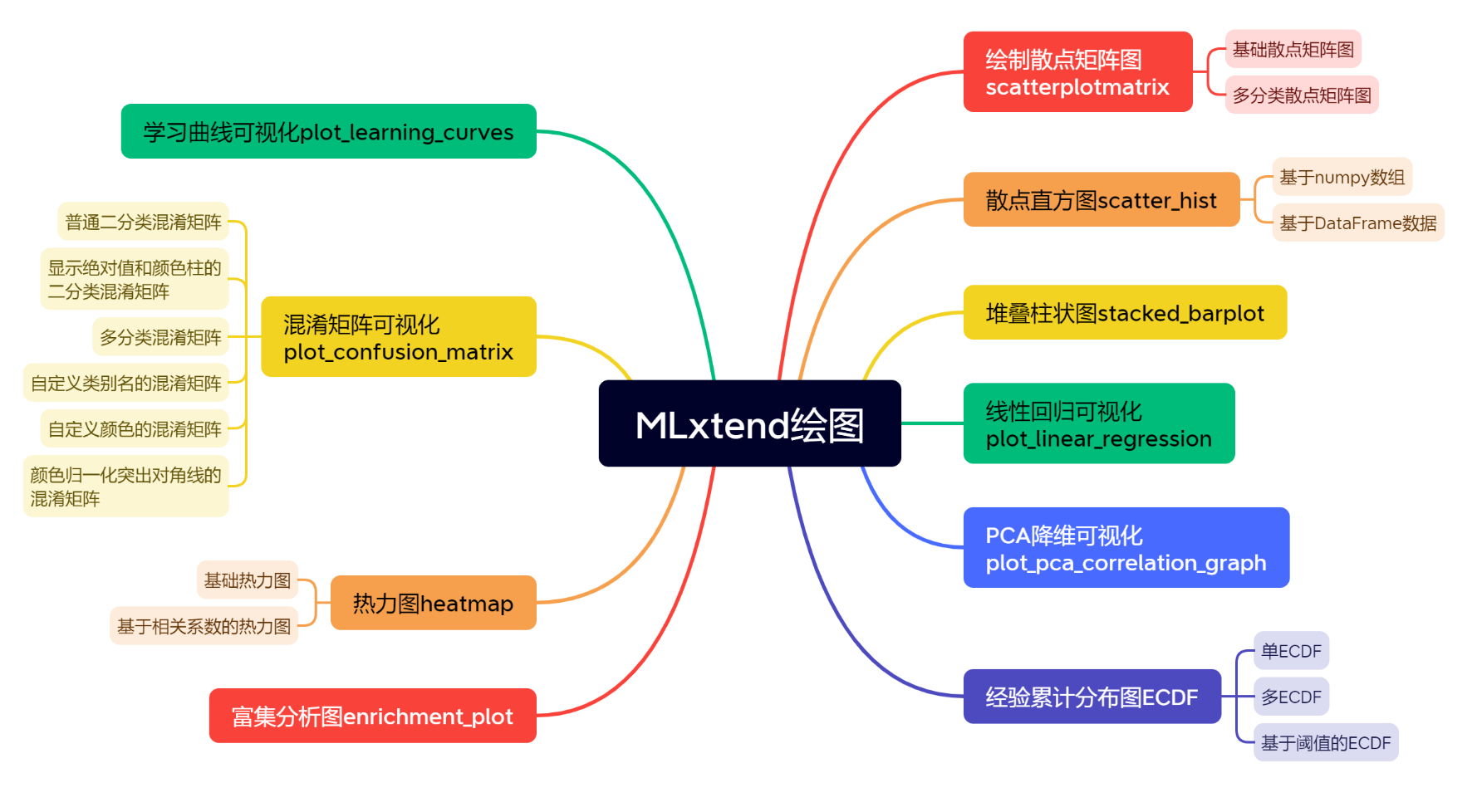类型注解的概念
类型注解(Type Hints)是 Python 3.5+ 引入的特性(通过PEP 484),允许开发者为变量、函数参数和返回值等标注期望的数据类型。它不会影响代码运行时行为,但可通过静态检查工具(如 mypy)提前发现类型错误,提升代码健壮性和可维护性。

- 定义:类型注解(Type Hints)是为变量、函数参数、返回值等标注预期类型的一种语法,帮助开发者明确代码意图。
- 作用:
- 提升代码可读性和可维护性。
- 支持静态类型检查工具(如 `mypy`)发现潜在错误。
- 增强 IDE 的代码提示和自动补全功能。
- 注意:Python 仍是动态类型语言,类型注解不会影响运行时行为。
基本语法
变量类型注解
使用 `: Type` 标注变量类型:
name: str = "Alice" age: int = 30 scores: list[float] = [90.5, 85.0]
函数参数与返回值
- 参数:`参数名: 类型`
- 返回值:`-> 返回类型`
def add(a: int, b: int) -> int:
return a + b
容器类型
使用 `typing` 模块中的泛型(Python 3.9+ 可直接用内置容器):
from typing import List, Dict, Tuple
# 列表:元素为整数
numbers: List[int] = [1, 2, 3]
# 字典:键为字符串,值为浮点数
prices: Dict[str, float] = {"apple": 4.5, "banana": 2.0}
# 元组:固定类型和长度
point: Tuple[float, float, str] = (3.5, 4.2, "坐标")
类与对象
类属性与方法返回值标注:
class User:
def __init__(self, name: str, age: int) -> None:
self.name = name
self.age: int = age # 实例属性注解
def get_info(self) -> str:
return f"{self.name}, {self.age}"
高级类型注解
联合类型(Union)
表示变量可以是多个类型之一:
from typing import Union
def parse_input(input: Union[str, int]) -> None:
pass
可选类型(Optional)
等同于 `Union[T, None]`,表示值可能为 `None`:
from typing import Optional
def find_user(id: int) -> Optional["User"]:
# 可能返回 User 对象或 None
pass
类型别名(Type Alias)
简化复杂类型定义:
from typing import List, Tuple
Coordinates = List[Tuple[float, float]]
def draw(points: Coordinates) -> None:
pass
泛型(Generics)
自定义泛型类或函数:
from typing import TypeVar, Generic
T = TypeVar('T')
class Box(Generic[T]):
def __init__(self, item: T) -> None:
self.item = item
字面量类型(Literal)
限制变量为特定值(Python 3.8+):
from typing import Literal
def set_mode(mode: Literal["read", "write"]) -> None:
pass
回调函数类型(Callable)
标注函数参数类型:
from typing import Callable
def on_click(callback: Callable[[int, str], None]) -> None:
pass
协议与结构子类型(Duck Typing)
通过 Protocol 定义接口,无需继承即可匹配类型:
from typing import Protocol
class Flyer(Protocol):
def fly(self) -> str: ...
class Bird:
def fly(self) -> str:
return "Flapping wings"
def takeoff(obj: Flyer) -> None:
print(obj.fly())
takeoff(Bird()) # 合法,因为 Bird 实现了 fly 方法
泛型(Generics)
泛型是什么?
泛型(Generics)是一种编程范式,允许你编写可操作多种数据类型的代码,同时保持类型安全。通过泛型,可以定义参数化的类型(如 List[T]),其中 T 是一个类型变量,表示实际使用时确定的类型。泛型的核心目标是:
- 代码复用:避免为不同类型重复编写相似逻辑。
- 类型约束:明确操作的数据类型,减少运行时错误。
- 静态检查支持:配合工具(如 mypy)提前发现类型不匹配问题。
Python 中的泛型实现
Python 通过 typing 模块(Python 3.5+)和内置语法(Python 3.12+)支持泛型。
基本语法
定义泛型类型变量:使用 TypeVar。
from typing import TypeVar, Generic
T = TypeVar('T') # 定义泛型类型变量 T
泛型类:继承 Generic[T]。
```html
class Box(Generic[T]):
def __init__(self, item: T) -> None:
self.item = item
def get_item(self) -> T:
return self.item
# 使用
int_box = Box(10) # Box[int]
str_box = Box("hello") # Box[str]
泛型函数:直接使用类型变量。
from typing import TypeVar
T = TypeVar('T')
def first_element(items: list[T]) -> T:
return items[0]
print(first_element([1, 2, 3])) # int
print(first_element(["a", "b", "c"])) # str
Python 3.12+的新语法
Python 3.12引入更简洁的泛型语法(PEP 695),无需显式使用TypeVar和Generic:
class Box[T]:
def __init__(self, item: T) -> None:
self.item = item
def get_item(self) -> T:
return self.item
def first_element[T](items: list[T]) -> T:
return items[0]
泛型的核心应用场景
容器类(如列表、字典)
定义可容纳任意类型但内部类型一致的容器:
from typing import Generic, TypeVar, Iterable
T = TypeVar('T')
class LinkedList(Generic[T]):
def __init__(self, items: Iterable[T]) -> None:
self.items = list(items)
def append(self, item: T) -> None:
self.items.append(item)
# 使用
int_list = LinkedList([1, 2, 3]) # LinkedList[int]
str_list = LinkedList(["a", "b", "c"]) # LinkedList[str]
通用算法
编写与类型无关的算法逻辑:
from typing import TypeVar, Sequence
T = TypeVar('T')
def max_element(seq: Sequence[T]) -> T:
return max(seq) # 假设元素可比较
print(max_element([3, 1, 4])) # 4
print(max_element(["z", "a", "b"])) # "z"
API设计
设计可处理多种类型的接口:
from typing import TypeVar, Callable
Input = TypeVar('Input')
Output = TypeVar('Output')
def transform_data(
data: Input,
converter: Callable[[Input], Output]
) -> Output:
return converter(data)
# 使用
result_str = transform_data(100, lambda x: str(x)) # Output: str
result_int = transform_data("123", int) # Output: int
高级泛型特性
类型边界(Type Bounds)
限制类型变量的取值范围:
from typing import TypeVar, Number
N = TypeVar('N', bound=Number) # 必须是Number的子类(如int, float)
def add(a: N, b: N) -> N:
return a + b
add(1, 2) # 合法
add(3.14, 2.5) # 合法
add("a", "b") # 类型检查报错
协变(Covariant)与逆变(Contravariant)
控制泛型类型的继承关系:
- 协变(covariant=True):子类泛型可替代父类(如list[Child] 可视为 list[Parent])。
- 逆变(contravariant=True):父类泛型可替代子类(较少使用)。
from typing import TypeVar, Generic
class Animal: ...
class Dog(Animal): ...
T_co = TypeVar('T_co', covariant=True)
class Cage(Generic[T_co]):
def get_animal(self) -> T_co: ...
def get_animal_from_cage(cage: Cage[Animal]) -> Animal:
return cage.get_animal()
dog_cage: Cage[Dog] = Cage()
get_animal_from_cage(dog_cage) # 合法(协变允许Cage[Dog]作为Cage[Animal]使用)
注意事项
- 运行时类型擦除:泛型类型信息在运行时不可见(仅用于静态检查)。
- 避免过度泛型化:仅在需要类型安全时使用,否则会增加代码复杂度。
- 动态类型兼容:Python的动态特性可能绕过泛型约束,需配合工具链检查。
- 性能影响:泛型本身不影响运行时性能,但复杂类型检查可能增加静态分析时间。
类型检查工具
mypy
- 安装:`pip install mypy`
- 使用:`mypy your_script.py`
- 配置:在`pyproject.toml`中添加:
[tool.mypy] ignore_missing_imports = true strict = true
IDE支持
- VSCode:安装`Python`扩展和`Pylance`。
- PyCharm:内置类型检查,支持自动提示。
最佳实践
- 逐步引入:在关键模块(如公共接口、复杂逻辑)优先添加类型注解。
- 避免过度使用Any:尽量明确类型,否则会削弱检查效果。
- 兼容性处理:
- 对旧代码使用# type: ignore 临时忽略错误。
- 用typing 模块兼容不同Python版本。
- 文档生成:结合sphinx 或 pdoc 生成类型化文档。
常见问题与解决方案
循环引用
“`
class Node:
def __init__(self, parent: "Node") -> None:
self.parent = parent
动态类型处理
类型断言:
value: Any = get_data() str_value: str = value # 不安全的转换 safe_str = cast(str, value) # 明确告知类型检查器
类型保护:
def process(data: Union[int, str]) -> None:
if isinstance(data, int):
print(data + 1)
else:
print(data.upper())




期待梳理一下pydantic,这个库类似于python api领域的数据模式定义,在fastapi中应用广泛